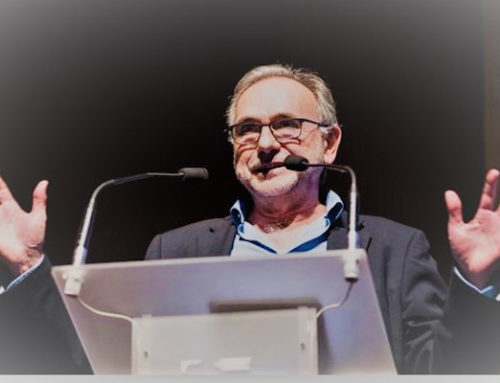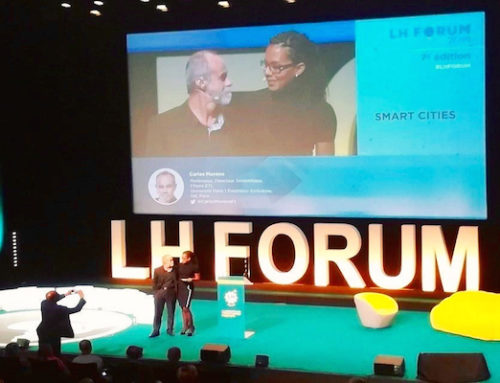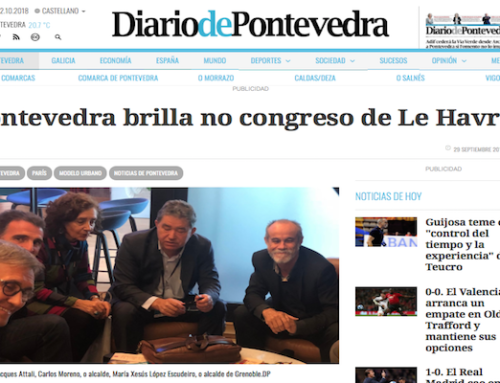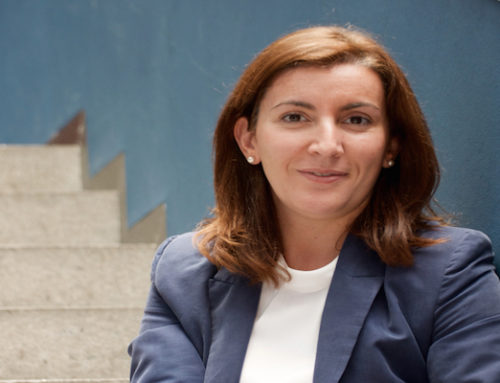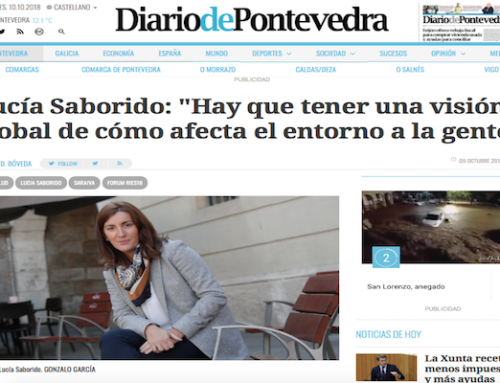Here we have some valuable reflections that Juan Carlos Alcaide has sent us after his participation in the IV RIES19 Forum:
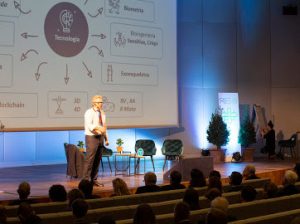
In the past few weeks I have had the honor and pleasure of participating in various events related to aging and Silver Economy. In all of them, and very particularly in the IV RIES19 Forum in A Coruña, technology has been studied in depth as a key element, including as a “saving” element in a context of concern about the future of the care system and the healthcare system. Health, those who break the seams, at least from the public side.
Thus, we see various gadgets and all kinds of APPs, and of all kinds, geolocation and gps oriented, being connected with the family, various cognitive therapies, medication adherence aids, smart pill boxes and the like.
Very especially, tools geared towards proactive and predictive telecare are emerging, such as the one developed by the Spanish company Future Space, which combines artificial intelligence, the internet of things, biometric bracelets and is highly focused on television as a “hub”.
I observe in this context and generally, with honorable exceptions, a predominant trend in my opinion, perhaps motivated or guided by the trend of “agile” management: We proceed to develop a “minimum viable product” quickly, with the intention of “Make a mistake or get it right” to optimize the “time to market”
Thus, I have believed to observe that products are launched without asking the elders. With a strong product orientation typical of technology companies. They basically focus on the manufacturing and production process of the technological product, seeking operational efficiency and optimizing the production and assembly process of various parts, taking care of costs in detail, and the quality of technology.
Thus, the necessary focus on the elder is lost. Alone, it seems, they worry about applying new technologies to the product, technological toys that delight engineers and technologists, but that are hardly usable by the recipients. I see everywhere technologies that are difficult to use, oriented to mobiles and devices that those over 70 do not use.
It is a kind of technological aristocracy, which would be pivoting around the families of the eldest, more ductile to the technological, and not the people most in need of help: octogenarians and octogenarians who demand and claim:
- Help against loneliness
- Aid for relationship with caregivers
- Smarter telecare, beyond the red button
- Wearable home automation (easy to use)
- And similar
Thus, I believe that sensitivity cannot be lost when producing technology, because the soul of it will be lost:
- Elderly people must be asked, and their families, of course, but being completely clear that the ultimate goal is to improve people’s lives, rather than the delight of / with technology for technology’s sake.
- Usability must be monitored as a completely central element, putting the sensations, emotions and benefits of technology at the center, rather than the delight of / with technology for technology’s sake.
- Aesthetics must be monitored. I have the feeling, ugly and unpleasant, that many times people think: “they are older, they no longer value aesthetics or beauty”. And watch bracelets are designed (say) that are simply ugly. Because they were thought for the delight of / with technology for technology: without thinking that older people like, like everyone else, to wear a nice watch or bracelet, as well as being useful.
- It is not what technology does, it is how it does it. We must flee from the delight of / with technology for technology and put the user experience back at the center, which is pleasant and generates a positive emotionality.
- I think it is time to say clearly that TECHNOLOGY DOES NOT DIFFER. Everything is copied: buy a bracelet or smart watch and you will see how in six months you can buy something much more advanced for fifty percent of the price. TECHNOLOGY DOES NOT DIFFERENCE. WHAT THE REAL VALUE ADDS is the service provided by people with technology.
Thus, if telecare provides an alert: what happens next? Who and how will respond to the alert or alarm? And similar. Put the user experience back at the center.
People who pamper people with the help of technology.
Let’s not lose sensitivity. Let’s not lose the pulse of what technology is for; not to be admired, but to be useful in improving the lives of our elders: let’s listen to their needs, adapt the tools thinking about how they will be used and how they will improve their existence.
The only possible obsession is to admire the beauty of a person’s smile, grateful because he has a tool that fixes his life, and flee from the “gut-ridden” gaze.
People pamper people with the help of technology.
Juan Carlos Alcaide

